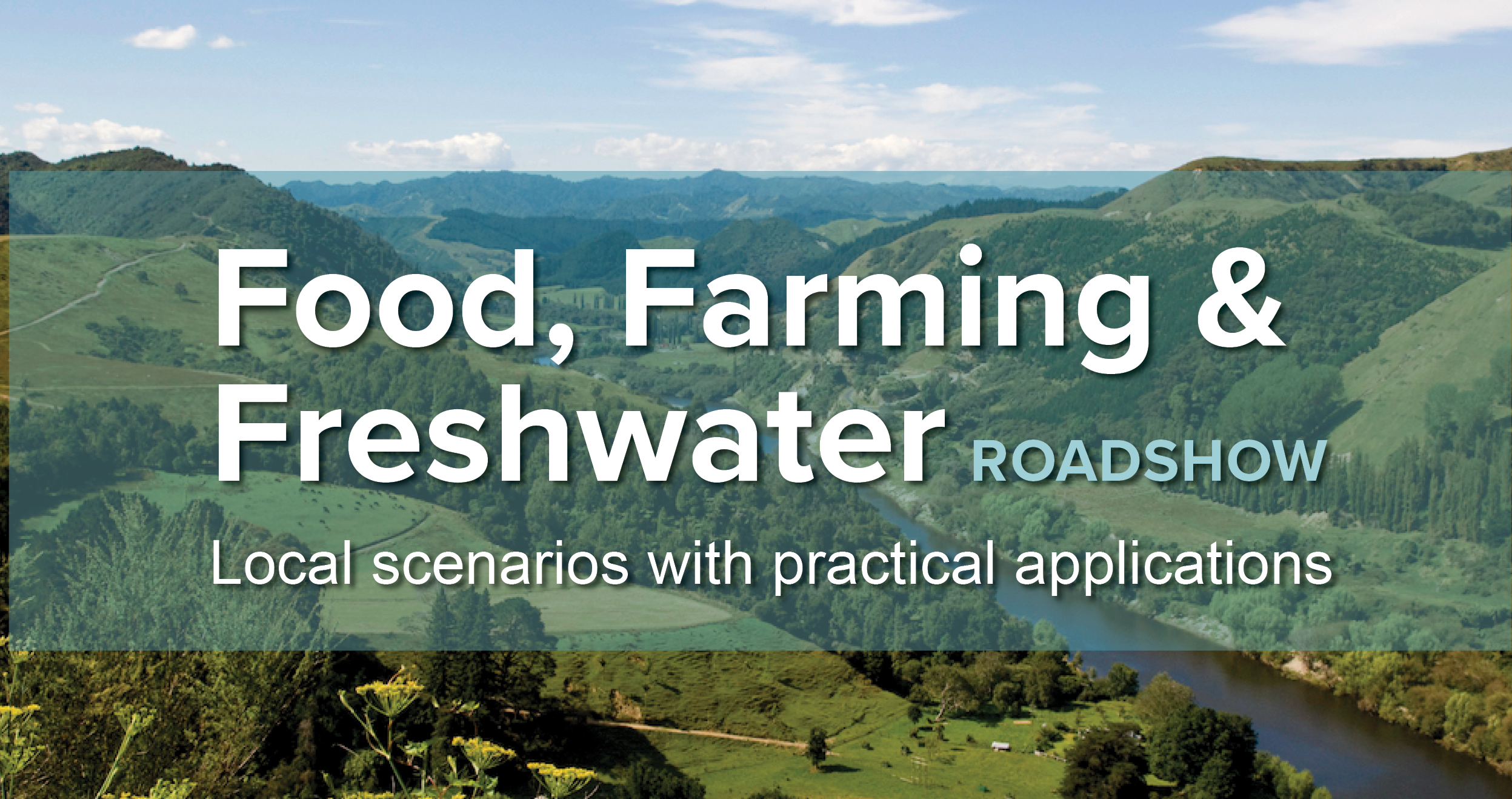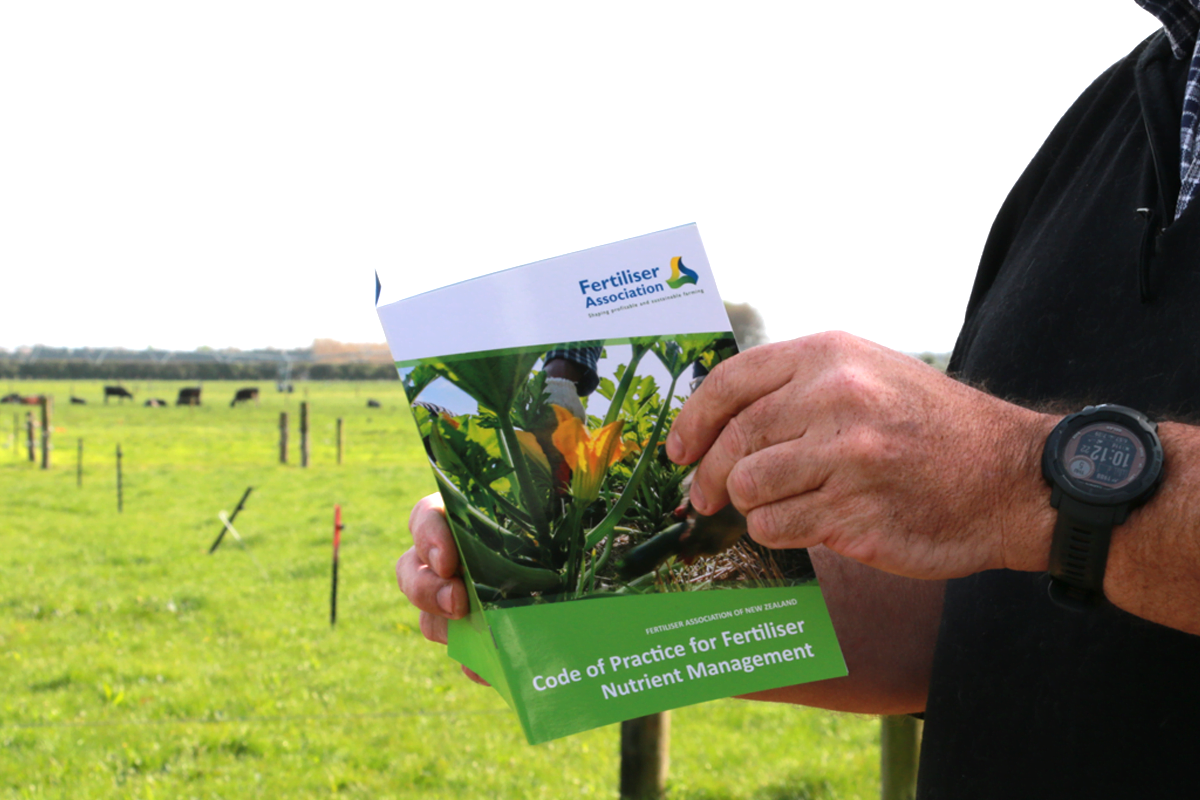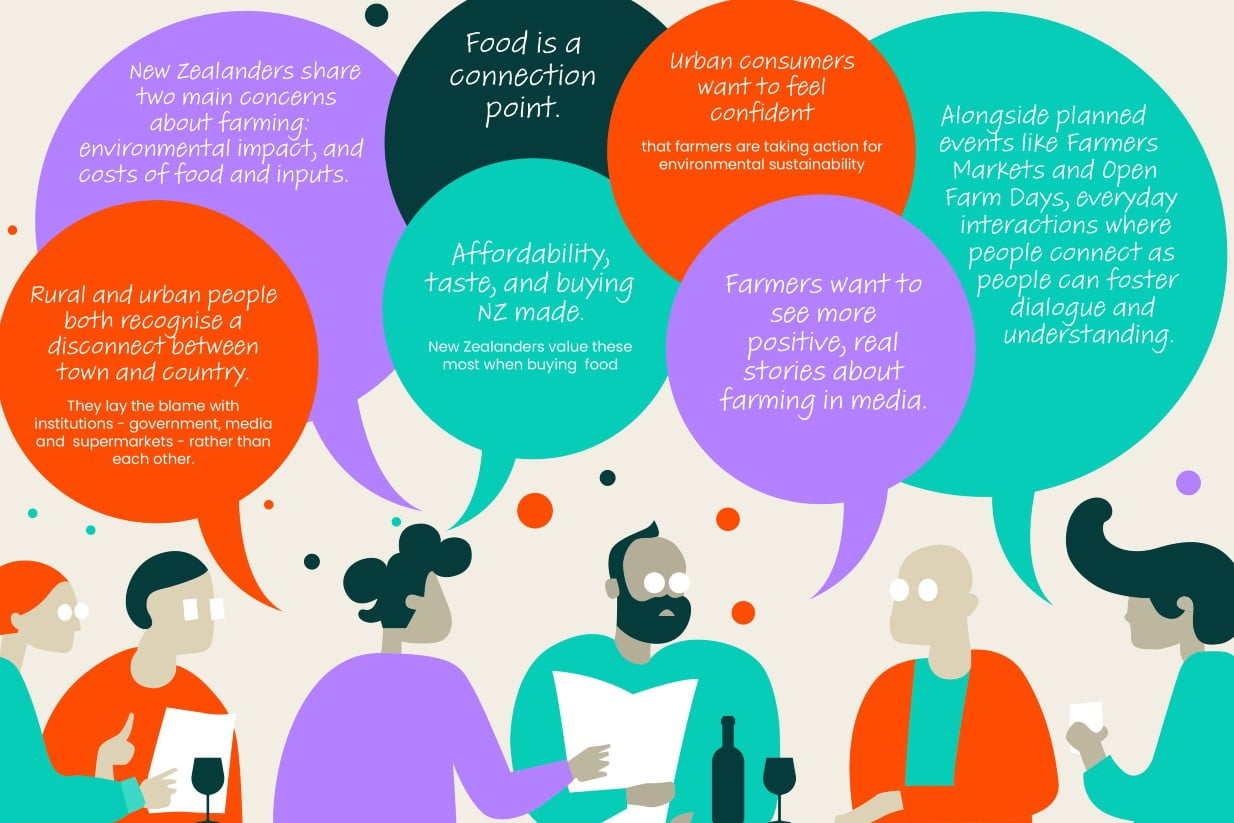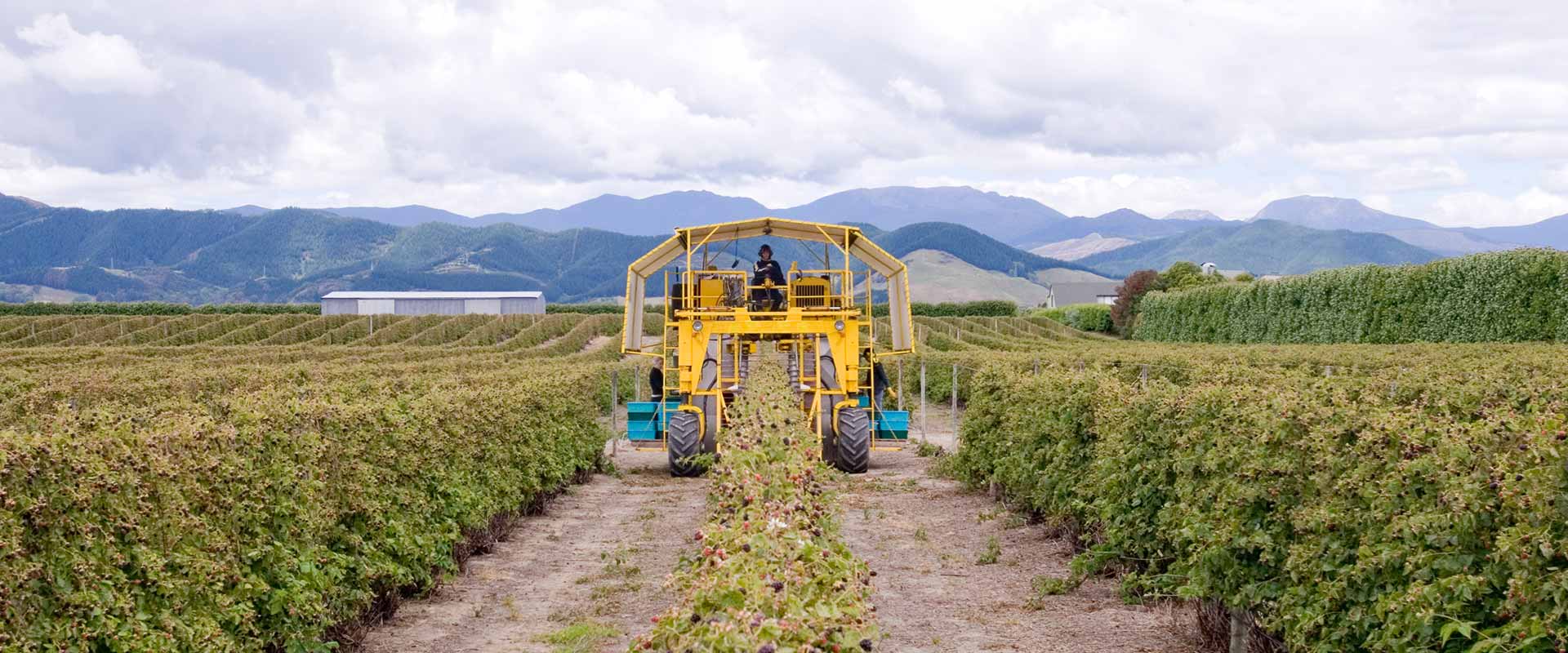Integrating solar electricity generation with livestock farming in Canterbury
June 2023
Aotearoa New Zealand has committed to actions to mitigate climate change. By 2050 the intention is to be transitioned to a net zero carbon economy. This means that emissions will be reduced as close to zero as possible, while investing in off-setting for the remaining emissions. The transition will require the uptake of more renewable energy technologies, such as utility-scale solar photovoltaic (PV) systems. The latter presents an opportunity for us, the farming community, to be a key enabler.
We can use our land resources more effectively by continuing with our normal farming operations while generating renewable energy at scale. This dual land-use approach means we play our part to transition to a net zero carbon economy, but we also benefit by improving our resiliency – by being more self-reliant in terms of energy, and realising additional revenue streams. To this end, this booklet focuses on agrivoltaics for livestock farming, specifically in the Canterbury region.
Source: Agrivoltaics: Integrating Solar Energy Generation with Livestock Farming in Canterbury, https://staging.ourlandandwater.nz/outputs/agrivoltaics-integrating-solar-energy-generation-with-livestock-farming-in-canterbury/
 View Our Strategy Document 2019 – 2024
View Our Strategy Document 2019 – 2024



